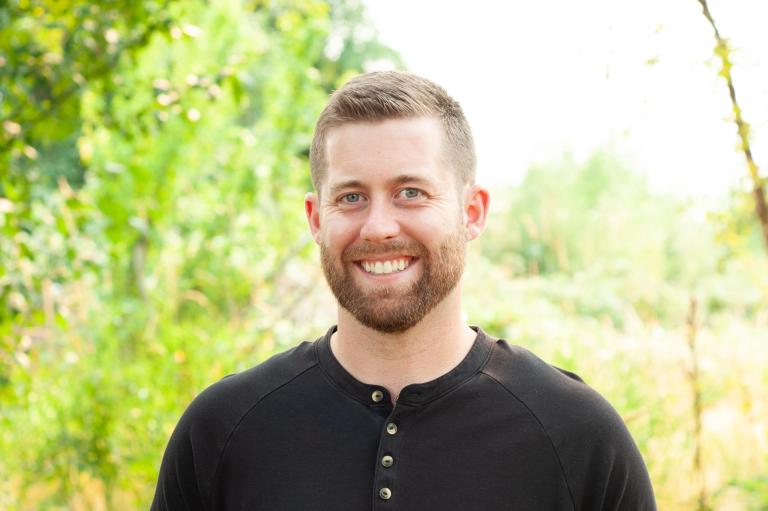(UPDATE: My book, Unmasking the Inner Critic: Lessons for Living an Unconstricted Life has now been released! You can check it out here.)
For many of us, the word “spiritual” is tainted by our experiences with organized religion. It’s tainted by the promises made and not kept, by our encounters with “spiritual people” who turned out to be emotionally harmful, and with so-called “spiritual practices” that too often gave cover to tactics of manipulation, domination, and control.
There is good reason to give pause when someone uses the word “spiritual.”
So, what do I mean when I say it?

Spirituality as an embodied worldview
For me, spiritual is a word describing a way of seeing and being in the world. It’s something like a worldview.
-
Some have worldviews of dualism (good vs. bad, right vs. wrong, strong vs. weak)
-
Some have worldviews of scarcity (there’s never enough, security is never possible)
-
Some have worldviews of domination (power creates happiness, we need someone in charge)
-
Some have worldviews of escapism (enlightenment is “out there,” promises of rewards in an afterlife or other worldly space)
But being spiritual is different than these for me. Instead of all the above, being spiritual is about seeing and honoring the inherent dignity within all things, including ourselves, right here and right now. The word “spiritual” is a shortcut-word for seeking to come into contact – into relationship – with inherent dignity; it’s down-to-earth and rooted in the present moment.
Therefore,
-
when we seek to see the world in a spiritual way, we are seeking to relate to the inherent dignity in all things.
-
when we engage in spiritual practices, we are doing the work of expanding our capacity to relate to the inherent dignity in all things.
-
when we claim, “yes, I am spiritual,” we are claiming that not only do I have inherent dignity (and how awesome is that!), but that I seek to be in touch with it in an affirming and loving way.
This kind of spirituality has nothing to do with dualism, scarcity, domination, or escapism; in fact, it’s a toolkit out of such harmful worldviews.
Use whatever language you need
One final thought:
It doesn’t matter if you use the word or not. Because this isn’t about right or wrong, good or bad, powerful or weak, in or out.
If you are coming into contact with the inherent dignity within someone or something else (or yourself), call it what you need to call it in order to feel the preciousness of that moment.
Some use words like “manifestation” or “spiritual” or god-language like “soul” and “the Divine.”
Use whatever works for you – language is just a pointer to the moon, helping us to put words to our experience. Trust your experience to tell you what words you need.
While I was writing this blog post, I came across this old post about renowned marketing expert Seth Godin and the difference he sees between faith and religion. I’d like to invite you to think on this: what is the difference between faith or spirituality and religion for you? How have you experienced them both in your life?

















